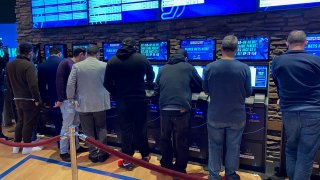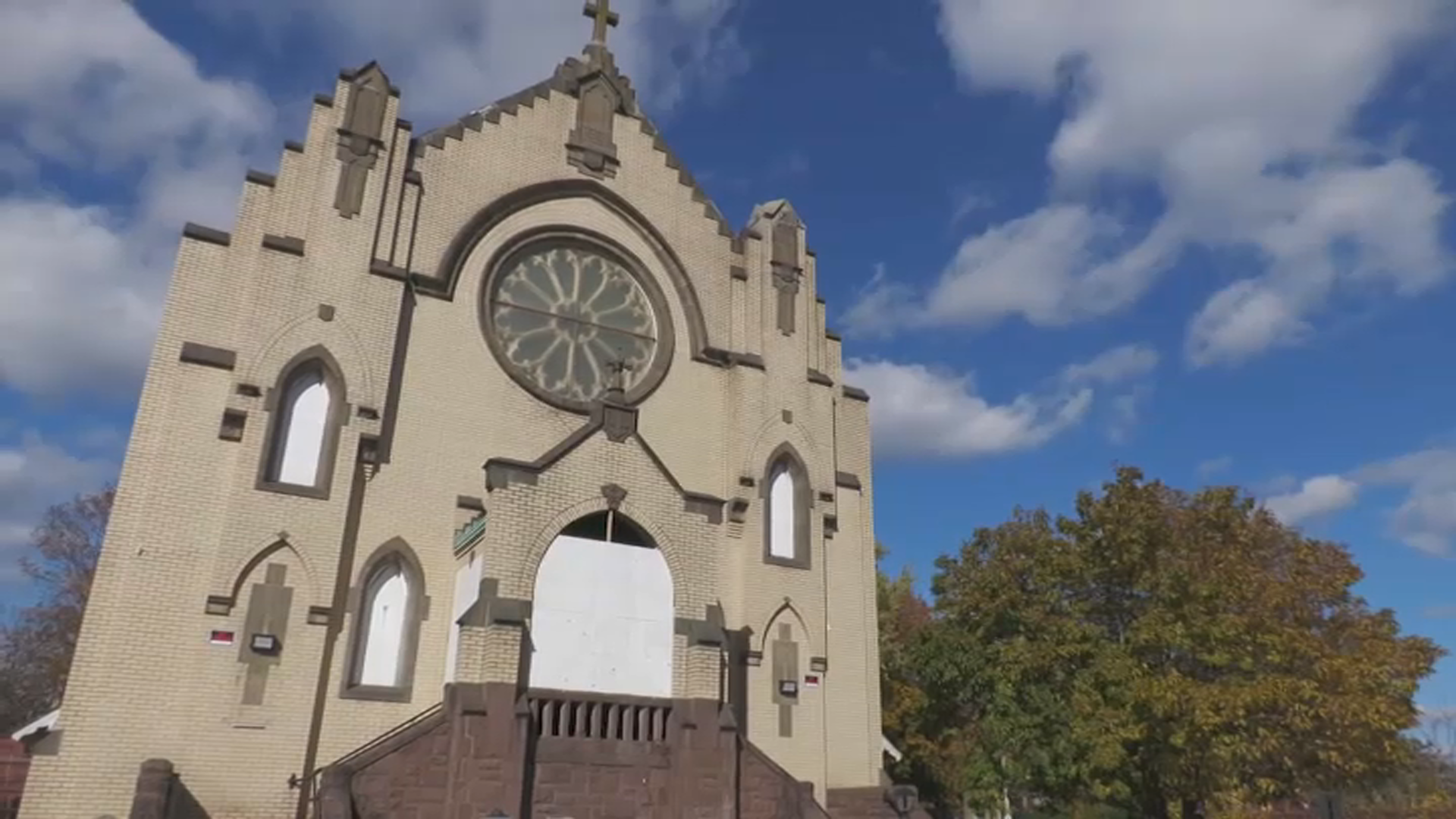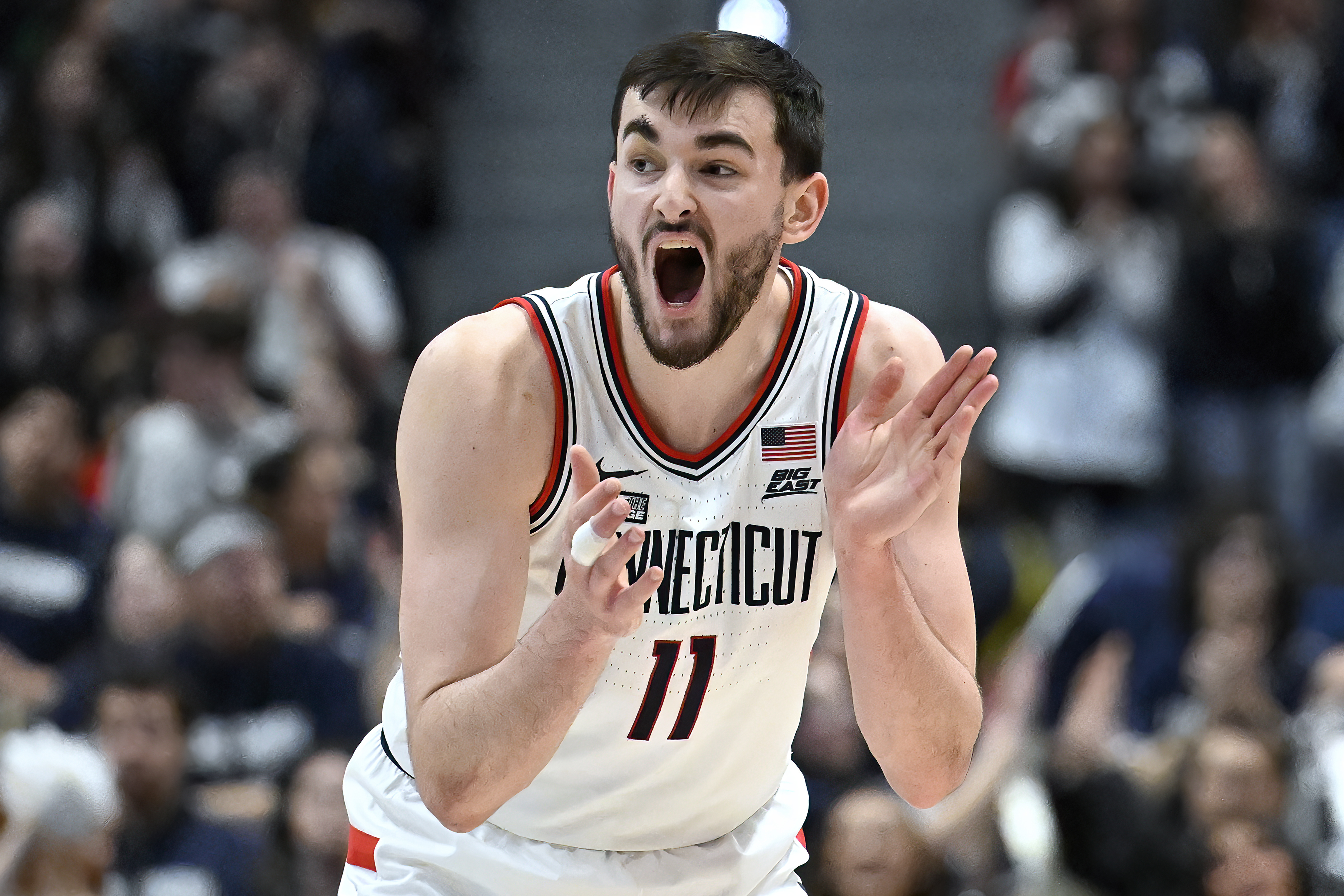
The Mohegan Tribe is partnering with Yale University to fund a new initiative aimed at combatting problem gambling. Researchers from the Yale School of Medicine will begin developing an app to deliver cognitive behavioral therapy.
"Which is an evidence-based treatment for substance use as well as other behavioral addictions including gambling," said Dr. Brian Kiluk, associate professor of psychiatry at the Yale School of Medicine.
The app would help broaden access to treatment for people struggling with problem gambling.
"That's the hope. I think one of the challenges in the field - not just gambling, but mental health in general - is that there just aren't enough treatment providers available to meet the demand and the need of individuals," Kiluk said.
Get Connecticut local news, weather forecasts and entertainment stories to your inbox. Sign up for NBC Connecticut newsletters.
The partnership comes months after online gaming and sports betting became legal in Connecticut. As part of that legislation, the tribal casinos and the Connecticut Lottery had to enhance their commitment to combatting problem gambling.
"You cannot do expansion of this magnitude without having a strong focus on problem gaming," said Paul Mounds, chief of staff for Governor Ned Lamont's administration.
In accordance with the legislation, the Mohegan Tribe will contribute over $2 million to Yale’s School of Medicine to develop the app.
Local
According to a press release from the Mohegan Tribe, the funding comes in addition to the Tribe’s annual contribution of nearly $300,000 to the Connecticut Council on Problem Gambling.
“This joint effort with Yale is the first of its kind. We recognize modernizing gaming comes with additional responsibility to our community and we have readily doubled down on our support to promote responsible gaming,” said Ray Pineault, President and CEO of Mohegan, said in a press release.
Connecticut's Council on Problem Gambling has recorded a huge increase in call volume to their helpline since online gambling was legalized last year.
"Increased 126% so it's really gone up. Because it's that ease of access- people are running into trouble really fast," said Diana Goode, president of the CT Council on Problem Gambling. "With this app, I think more people will be likely to log in and try to get some help."
The app will take more than a year to develop. Researchers will then conduct a clinical trial to make sure it is effective.



